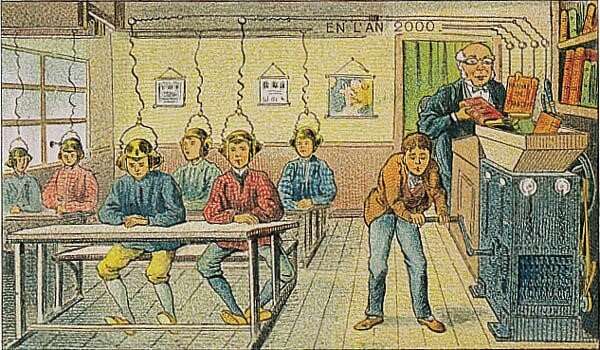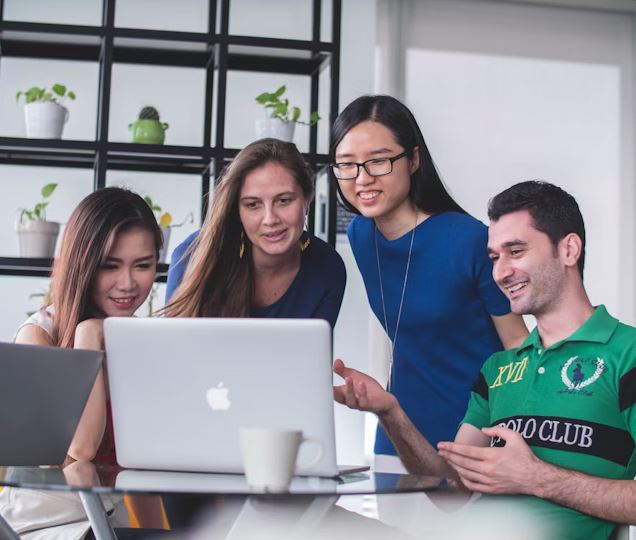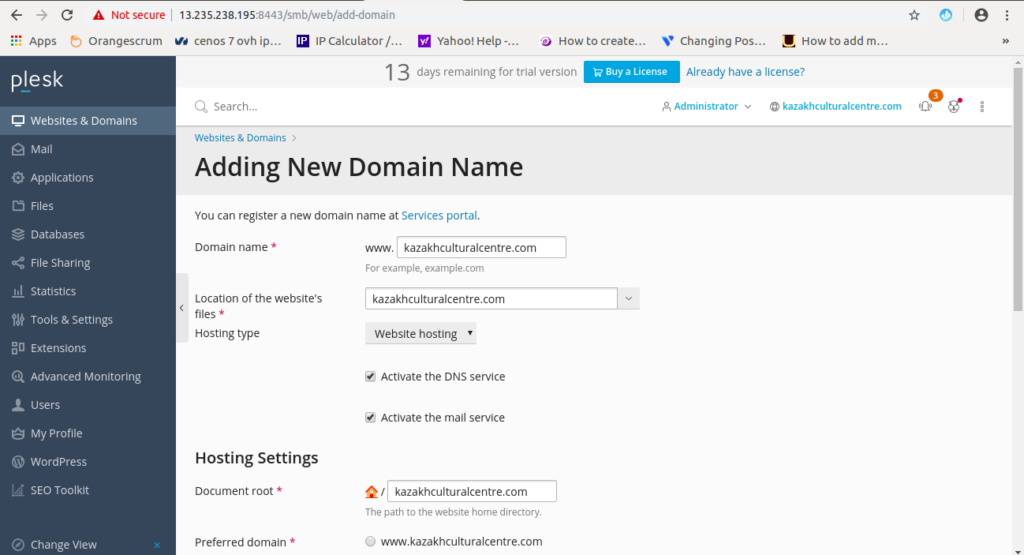The arrival of the laptop in the classroom and parental mediation

A study by Carme Bach, a lecturer with the Department of Translation and Language Sciences at UPF, and Cristina Aliagas, a lecturer with the Faculty of Education at the UAB, both members of the GR@EL research group, analyses the view of families regarding the eduCAT1x1 programme, an education reform implemented in Catalonia by the Escola 2.0 programme, a state-wide project to introduce ICT into the education system through the 1×1 (one computer per student) model, which aimed to fit out classrooms with the necessary technological infrastructure and connectivity to thus orient the practices of teaching/learning.
The paper explores the tension between education reform and parental mediation, published in Revista Complutense de Educación under the title “El vaivén de los portátiles entre las aulas y el hogar: la perspectiva de las familias sobre la reforma educativa de la Escuela 2.0.”
In a 1×1 class each student has a laptop connected to the Internet and actively uses it to carry out academic tasks both in and out of the classroom. “The laptop tos and fros between school and home and its function becomes defined in this coming and going between social spheres (school, home, group of friends) that are sustained by different value systems on the role of screens in the social and school life of children and young people,” Bach and Aliagas claim.
“Parental mediation is a key factor in children’s digital life as it is within the family that children and parents negotiate actively and on a daily basis such issues as access to and the use (purpose and time) of digital devices available within the home,” the authors add.
The impact of education reform beyond the classroom
The view of families complements educational research conducted on classroom digitization, now from a new perspective—the impact of education reforms beyond the classroom. Analysis of 16 interviews conducted on families for this study shows that while parents believe technology to be beneficial for the academic and professional future of their children, they also feel unrest at having to manage the out-of-school uses they make of the laptop, where leisure and social communication compete with academic activities.
As Bach and Aliagas point out in their research: “Reforms like those of eduCAT1x1 where each student becomes a laptop ‘owner,’ influence family decisions governing the use teenagers make of ICT.”
Some families do not feel empowered regarding the education reform
From the analysis of the interviews, the authors point out that some families do not feel empowered regarding the 1×1 education reform and refer to several reasons: classroom digitization has been improvised and rapid; the introduction of the laptop to the lives of their children has caused changes in approaches to studies (and not everyone considers them as being positive) and digitization has involved a loss of control by parents over the lives of their teenage children.
The study suggests the need to coordinate education reforms with family dynamics, since family mediation is essential to ensure not only the success of educational innovations but also the deeper social transformations that are pursued.
Parental education level affects children’s mental health
Carme Bach Martorell et al, El vaivén de los portátiles entre las aulas y el hogar: la perspectiva de las familias sobre la reforma educativa de la Escuela 2.0, Revista Complutense de Educación (2020). DOI: 10.5209/rced.61922
Provided by
Universitat Pompeu Fabra – Barcelona
Citation:
The arrival of the laptop in the classroom and parental mediation (2020, March 5)
retrieved 6 March 2020
from https://phys.org/news/2020-03-laptop-classroom-parental.html
This document is subject to copyright. Apart from any fair dealing for the purpose of private study or research, no
part may be reproduced without the written permission. The content is provided for information purposes only.



